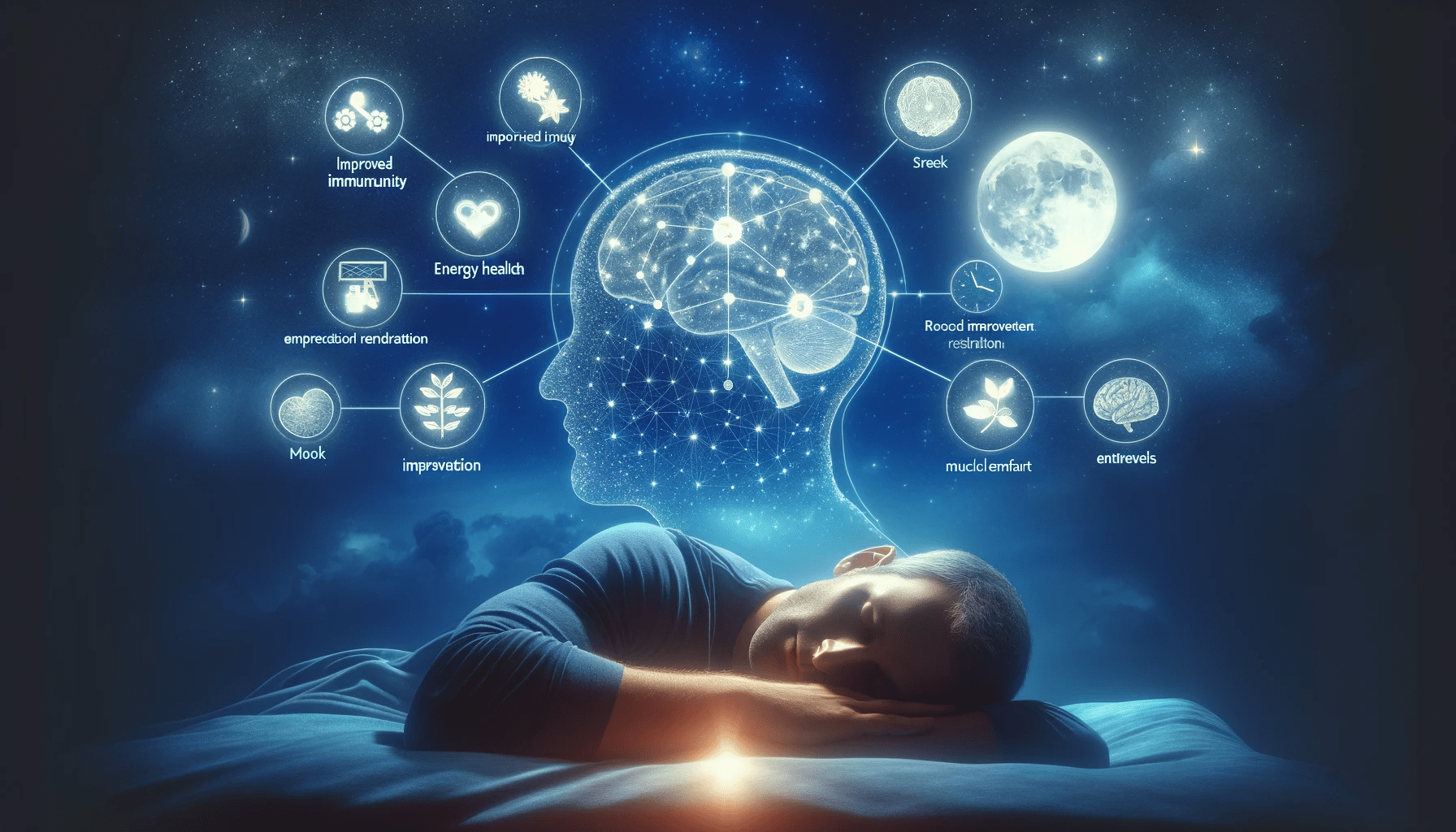Sleep is a fundamental physiological process, essential for maintaining optimal physical and mental health. The quality and quantity of sleep can have profound impacts on various aspects of health and well-being. This article delves into the scientific understanding of how sleep affects both physical and mental health.
1. Physical Health and Sleep
The relationship between sleep and physical health is complex and multifaceted, influencing various bodily functions.
Cardiovascular Health: Lack of sleep has been linked to an increased risk of cardiovascular diseases. A study in the "European Heart Journal" found that short sleep duration is associated with a higher risk of developing or dying from coronary heart disease or stroke【1】.
Immune Function: Adequate sleep is crucial for the proper functioning of the immune system. Research in "Pflügers Archiv - European Journal of Physiology" showed that sleep deprivation could impair immune function, making one more susceptible to infections【2】.
Metabolism and Weight: Sleep affects metabolism and is linked to weight gain and obesity. A study in the "Annals of Internal Medicine" found that sleep deprivation can lead to insulin resistance, a precursor to diabetes, and may increase appetite and caloric intake【3】.
2. Mental Health and Sleep
Sleep is equally important for mental health, affecting mood, cognitive function, and psychological well-being.
Mood and Emotional Regulation: Poor sleep quality is associated with mood disorders. According to research in "JAMA Psychiatry", insomnia is a significant predictor of the development of depression【4】.
Cognitive Function and Memory: Sleep plays a critical role in cognitive processes and memory consolidation. A study in "Nature Reviews Neuroscience" highlights that sleep after learning fosters memory consolidation, a process essential for learning new information【5】.
Stress and Anxiety: Lack of sleep can exacerbate stress and anxiety levels. The "Journal of Sleep Research" reported that sleep disturbances are closely related to higher levels of stress and anxiety【6】.
3. Sleep Disorders and Health Risks
Chronic sleep disorders can have severe health implications.
- Insomnia: Insomnia, characterized by difficulty falling or staying asleep, can lead to a range of health issues, including cardiovascular problems and mental health disorders.
- Sleep Apnea: Obstructive sleep apnea, marked by interrupted breathing during sleep, is linked to an increased risk of heart disease, stroke, and metabolic disorders, as indicated in research published in the "American Journal of Respiratory and Critical Care Medicine"【7】.
Conclusion
The effects of sleep on physical and mental health are profound and far-reaching. Ensuring adequate and quality sleep is a cornerstone of health and well-being. Addressing sleep issues is crucial for maintaining good health and preventing a range of chronic diseases.
References
- Cappuccio F.P., D'Elia L., Strazzullo P., Miller M.A. (2010). "Quantity and quality of sleep and incidence of type 2 diabetes: a systematic review and meta-analysis." Diabetes Care.
- Bryant P.A., Trinder J., Curtis N. (2004). "Sick and tired: Does sleep have a vital role in the immune system?" Nature Reviews Immunology.
- Spiegel K., Tasali E., Penev P., Van Cauter E. (2004). "Brief communication: Sleep curtailment in healthy young men is associated with decreased leptin levels, elevated ghrelin levels, and increased hunger and appetite." Annals of Internal Medicine.
- Baglioni C., Battagliese G., Feige B., et al. (2011). "Insomnia as a predictor of depression: A meta-analytic evaluation of longitudinal epidemiological studies." Journal of Affective Disorders.
- Walker M.P., Stickgold R. (2006). "Sleep, memory, and plasticity." Annual Review of Psychology.
- Neckelmann D., Mykletun A., Dahl A.A. (2007). "Chronic insomnia as a risk factor for developing anxiety and depression." Sleep.
- Young T., Palta M., Dempsey J., Skatrud J., Weber S., Badr S. (1993). "The occurrence of sleep-disordered breathing among middle-aged adults." New England Journal of Medicine.

Leave a comment